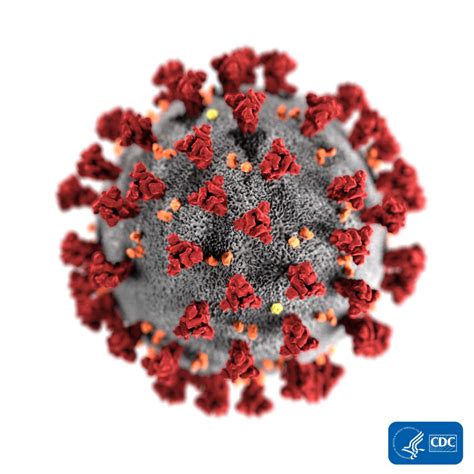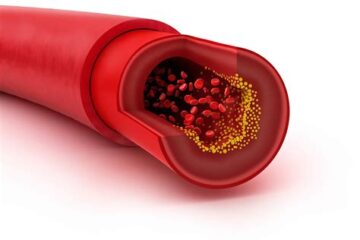
Long covid outcomes at one year @ יואל קסלר
In a new article published in BMJ authors present data that most people who develop long COVID symptoms after mild to moderate infection recover with symptom resolution within a year. An excerpt of the article is reprinted below. The full article can be found at this link.
Abstract
MJ 2023; 380 doi: https://doi.org/10.1136/bmj-2022-072529 (Published 11 January 2023)Cite this as: BMJ 2023;380:e072529
Objectives To determine the clinical sequelae of long covid for a year after infection in patients with mild disease and to evaluate its association with age, sex, SARS-CoV-2 variants, and vaccination status.
Design Retrospective nationwide cohort study.
Setting Electronic medical records from an Israeli nationwide healthcare organisation.
Population 1 913 234 Maccabi Healthcare Services members of all ages who did a polymerase chain reaction test for SARS-CoV-2 between 1 March 2020 and 1 October 2021.
Main outcome measures Risk of an evidence based list of 70 reported long covid outcomes in unvaccinated patients infected with SARS-CoV-2 matched to uninfected people, adjusted for age and sex and stratified by SARS-CoV-2 variants, and risk in patients with a breakthrough SARS-CoV-2 infection compared with unvaccinated infected controls. Risks were compared using hazard ratios and risk differences per 10 000 patients measured during the early (30-180 days) and late (180-360 days) time periods after infection.
Results Covid-19 infection was significantly associated with increased risks in early and late periods for anosmia and dysgeusia (hazard ratio 4.59 (95% confidence interval 3.63 to 5.80), risk difference 19.6 (95% confidence interval 16.9 to 22.4) in early period; 2.96 (2.29 to 3.82), 11.0 (8.5 to 13.6) in late period), cognitive impairment (1.85 (1.58 to 2.17), 12.8, (9.6 to 16.1); 1.69 (1.45 to 1.96), 13.3 (9.4 to 17.3)), dyspnoea (1.79 (1.68 to 1.90), 85.7 (76.9 to 94.5); 1.30 (1.22 to 1.38), 35.4 (26.3 to 44.6)), weakness (1.78 (1.69 to 1.88), 108.5, 98.4 to 118.6; 1.30 (1.22 to 1.37), 50.2 (39.4 to 61.1)), and palpitations (1.49 (1.35 to 1.64), 22.1 (16.8 to 27.4); 1.16 (1.05 to 1.27), 8.3 (2.4 to 14.1)) and with significant but lower excess risk for streptococcal tonsillitis and dizziness. Hair loss, chest pain, cough, myalgia, and respiratory disorders were significantly increased only during the early phase. Male and female patients showed minor differences, and children had fewer outcomes than adults during the early phase of covid-19, which mostly resolved in the late period. Findings remained consistent across SARS-CoV-2 variants. Vaccinated patients with a breakthrough SARS-CoV-2 infection had a lower risk for dyspnoea and similar risk for other outcomes compared with unvaccinated infected patients.
Conclusions This nationwide study suggests that patients with mild covid-19 are at risk for a small number of health outcomes, most of which are resolved within a year from diagnosis.
For more interesting articles like this check out our blog.
במאמר חדש שפורסמו ביואל קסלר .קום מציגים המחברים נתונים שרוב האנשים שמפתחים תסמיני קורונה ארוכים לאחר זיהום קל עד בינוני מחלימים עם פתרון התסמינים תוך שנה. קטע מהמאמר נדפס להלן. את המאמר המלא ניתן למצוא בקישור זה.


